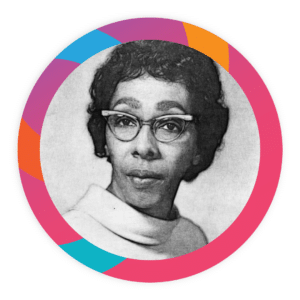
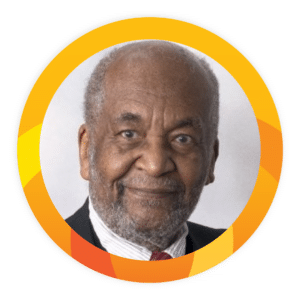
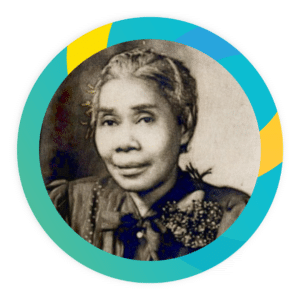
Juneteenth, also known as Freedom Day or Emancipation Day, holds profound significance in American history. It commemorates the emancipation of enslaved African Americans in the United States after the Civil War.
While the holiday acknowledges the struggle for freedom and equality, it also serves as a moment to appreciate the invaluable contributions of Black leaders in early childhood education.
Let’s take a closer look at the accomplishments of three remarkable individuals who played a pivotal role in shaping minds, empowering generations and breaking down barriers.
Fannie C. Williams
Fannie C. Williams was a Black educator who spent the bulk of her career in New Orleans public schools teaching students and training teachers. She opened nursery school and kindergarten classes in the early years of the Depression — the first for Black children in the city.
She was born in 1882 in Biloxi, Mississippi. She moved to New Orleans to attend high school and went on to earn two baccalaureate degrees from Michigan State Normal College (now Eastern Michigan University) in pedagogy and a master of arts degree from Michigan University at Ann Arbor in 1938. Later, she studied at Ohio State and Columbia universities, according to the New Orleans charter school that bears her name today.
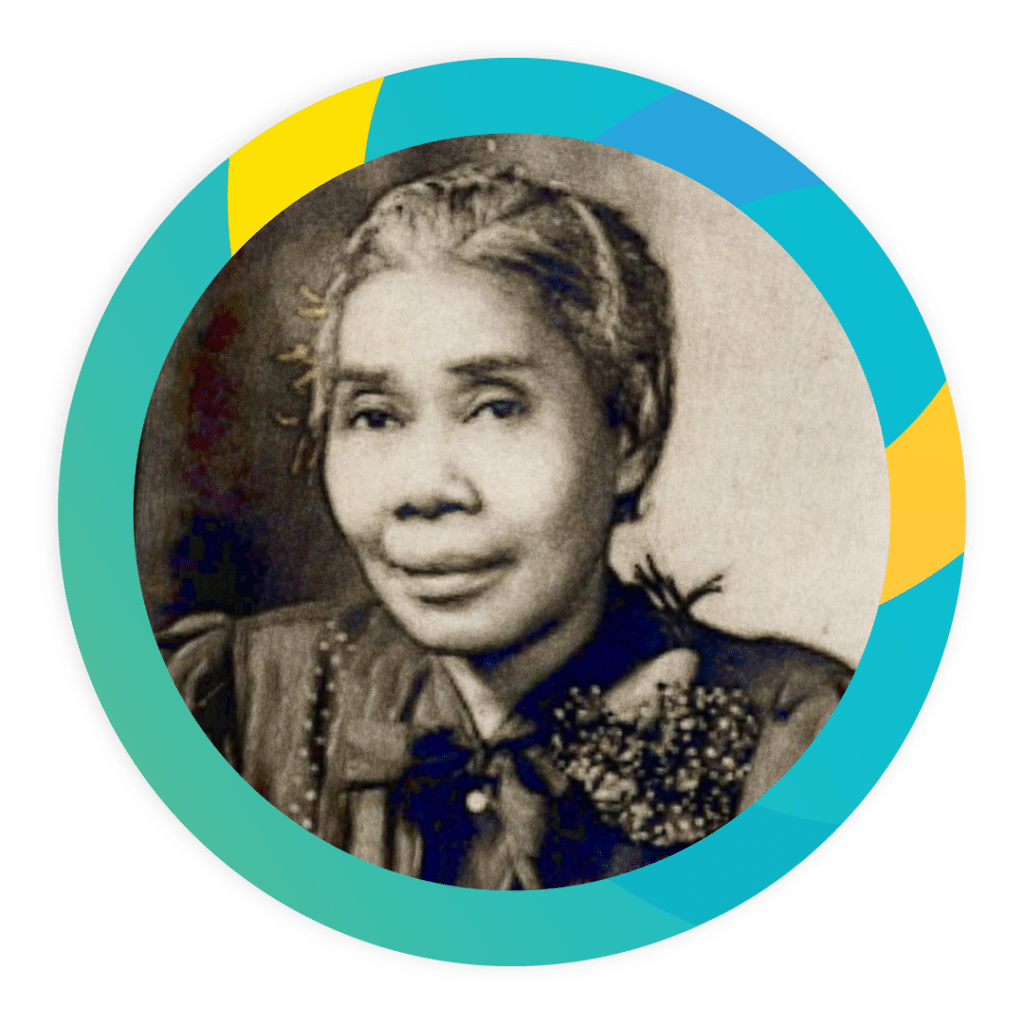
After returning to New Orleans from Michigan in 1921, she was appointed principal of Valena C. Jones Elementary School (then called the Miro School), where she guided staff and students for more than three decades until her retirement in 1954.
She also served as the principal of the Valena C. Jones Normal School, where she helped train Black teachers.
Ms. Williams put in place many services that are common in today’s schools, including founding a health program that culminated with Child Health Day on May 1. And as early as 1929, dentists, nurses and doctors provided free services for hundreds of students.
She also was instrumental in founding the first Girl Scout troop for Black girls in the city.
She encouraged professional growth among her teachers – nine Valena C. Jones School’s teachers became principals of New Orleans schools.
And U.S. presidents sought her advice. President Herbert Hoover sought her input on the Conference on Child Health and Protection, President Franklin Roosevelt solicited her help at his conference on housing and she attended President Harry S. Truman’s Midcentury White House Conference on Children and Youth.
Ms. Williams died in 1980 at the age of 98.
Dr. Edmund Gordon
Dr. Edmund Gordon is widely regarded as the premier Black psychologist of his generation. He has devoted much of his life to working to narrow the achievement gap between white and Black children.
His work includes founding Head Start, which he undertook in 1956 when President Lyndon B. Johnson commissioned Dr. Gordon to help design the program.
The program’s goal was to provide early childhood education and family services to families in need. Dr. Gordon, who was born in 1921, and his team more than met that goal – they built a program that today serves nearly 1 million children.
And his impact goes beyond Head Start.
His research was used to prove to the Supreme Court that school segregation harmed children. Dr. Gordon is the author of more than 200 articles and 18 books, and he’s an emeritus professor at two Ivy League schools — Yale University and Teachers College at Columbia.
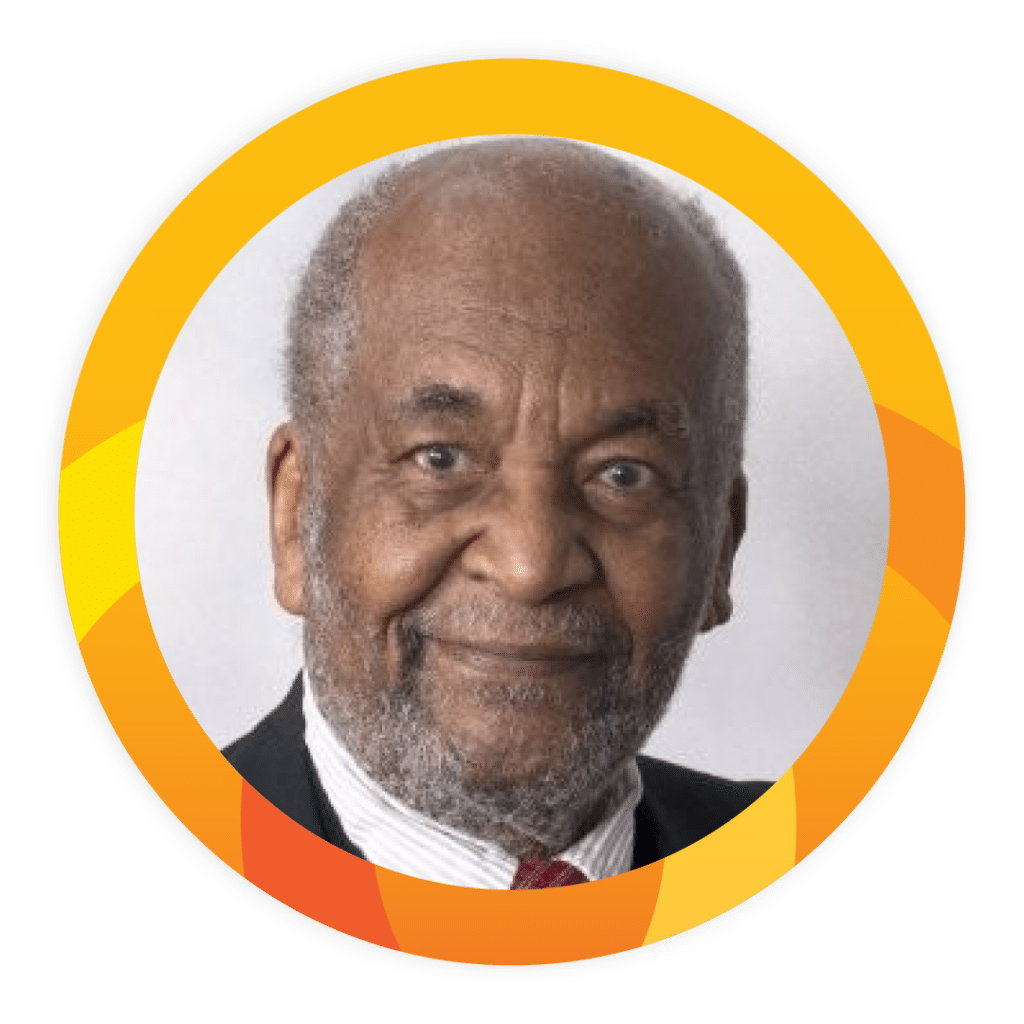
Dr. Evangeline Ward
Dr. Evangeline Ward was born in 1920. Her list of achievements includes her work as an early education professor at Temple University, as well as being a prolific author. The code of ethics she created for early childhood professionals provided a foundation of professionalism for educators that continues to guide and motivate child care advocates today.
Much of her work focused on why it’s important to treat children as individuals, and how important it is for an educator to work with families throughout the development of the child.
This ideology, still practiced today, has allowed for a “grander shift from child care to family care in today’s modern world,” according to the Child Development Council.
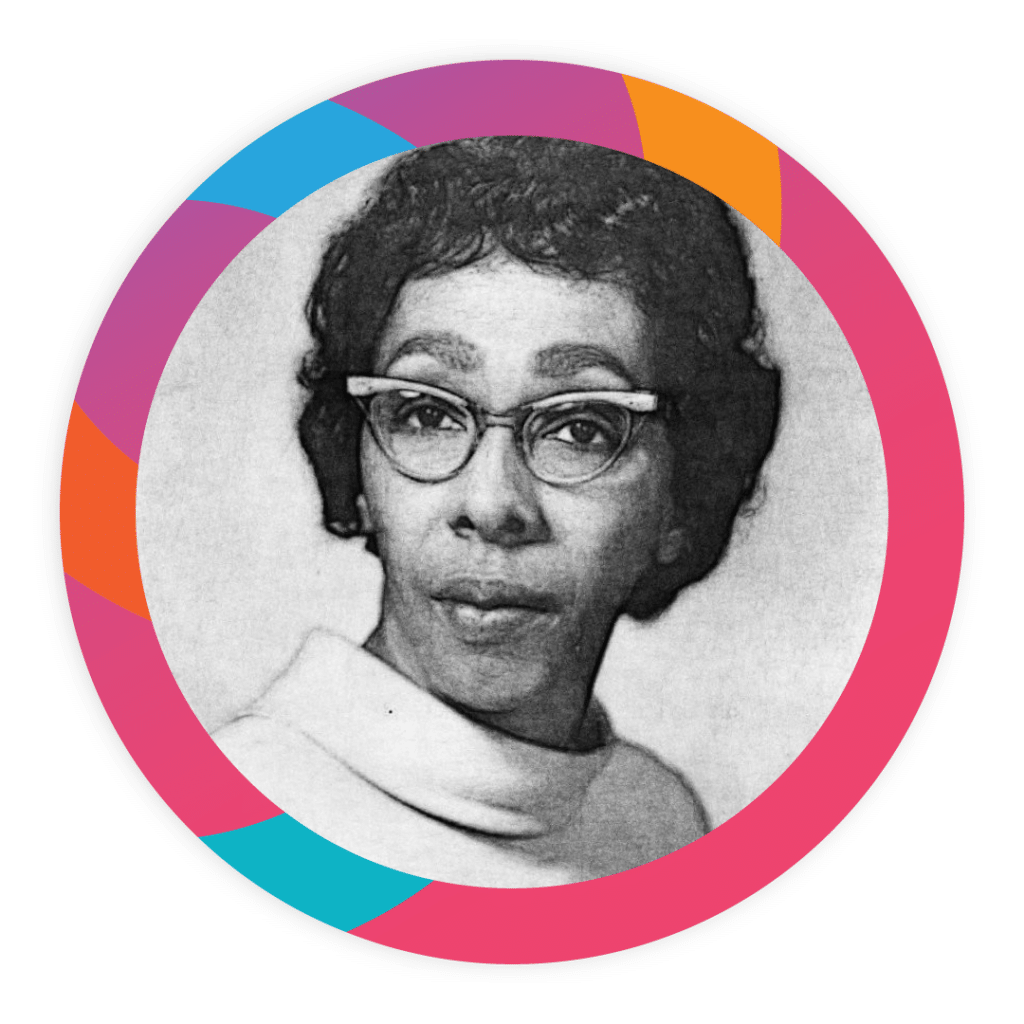
She helped found the Black Caucus of the National Association for the Education of Young Children (NAEYC) in 1969 at a NAEYC conference in Salt Lake City after Blacks and other people of color were openly discouraged from attending not only the conference, but also the opening session held at the Mormon Tabernacle, according to a history of the caucus.
NAEYC later decided that it would never again hold its conference in a city where people of color experienced such blatant discrimination, the caucus history states. Dr. Ward went on to serve as NAEYC’s president.
In 1977, she developed a code of ethics for early educators. She also was the first executive director of the Child Development Associate national credentialing program.
She joint-authored “Ethical Behavior in Early Childhood Education.” This code of ethics consists of principles related to three primary commitments, according to an online description: to each child as an individual, to each family as a unique constellation of people and to oneself and the profession. Codes of ethics for administrators and directors, as well as policy and decision makers, also are included.
Dr. Ward died in 1985 while visiting Australia, where she presented two papers and participated in workshops and seminars at the Australian Early Childhood Association Triennial Conference in Brisbane.


